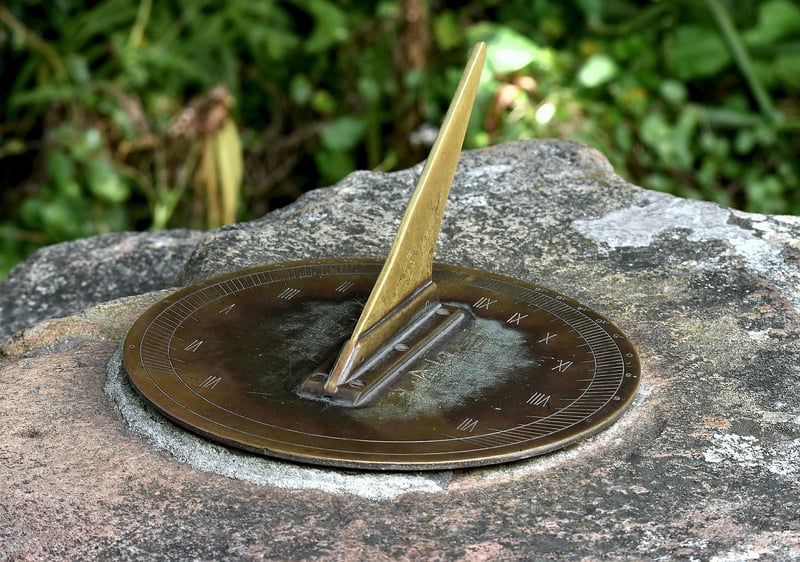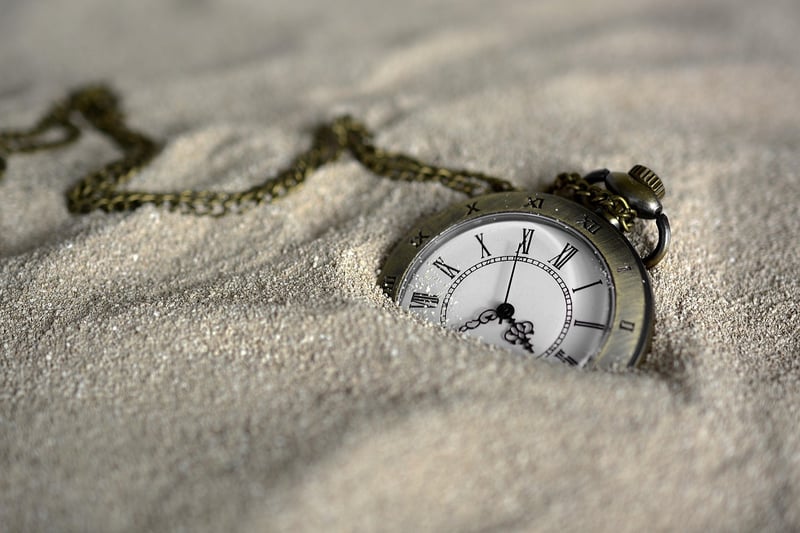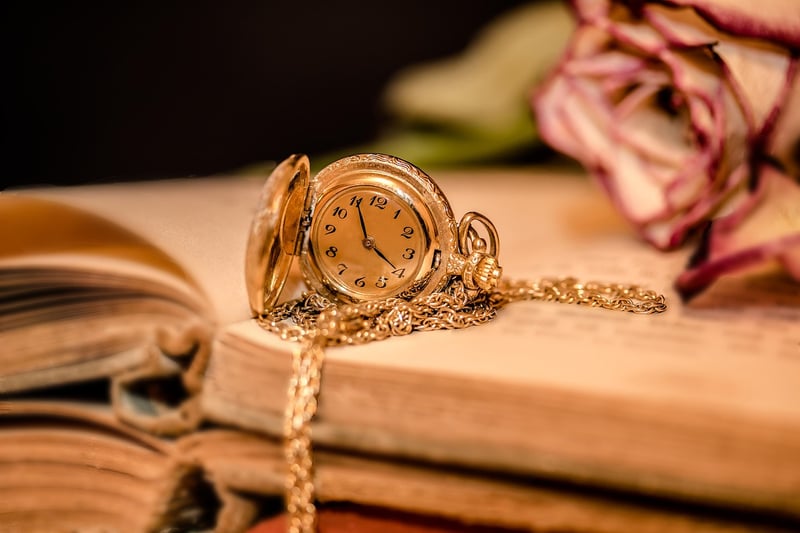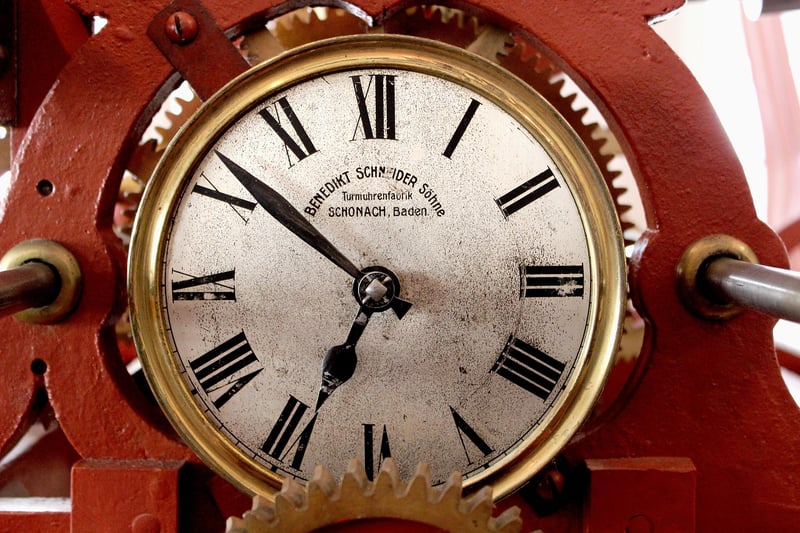Future Discovery
Exploring Time Periods and Future Discoveries
Introduction
Time has always been a fascinating concept for humans. From ancient civilizations to the present day, our understanding of time has evolved significantly. In this article, we will delve into different time periods and also speculate on the future discoveries that might shape our understanding of time even further.
Ancient Timekeeping
Ancient civilizations, such as the Egyptians and the Mesopotamians, developed various methods of timekeeping. The sundial, water clock, and hourglass are some of the early devices used to measure time. These inventions laid the foundation for the precise timekeeping we have today.

The Middle Ages and Mechanical Clocks
In the Middle Ages, mechanical clocks became more prevalent in monasteries and towns across Europe. These clocks, with their intricate gears and mechanisms, allowed for more accurate timekeeping and played a crucial role in the organization of daily life.

The Industrial Revolution and Standard Time
The Industrial Revolution brought about significant changes in how time was perceived and measured. The introduction of standard time zones and the development of railroads necessitated a more uniform way of keeping time across regions.

Modern Timekeeping and Quantum Clocks
Today, atomic clocks are the most accurate timekeeping devices, relying on the vibrations of atoms to measure time. Quantum clocks, still in the experimental stage, hold the promise of even greater precision and may revolutionize our understanding of time in the future.

Future Discoveries
As technology advances, scientists continue to explore the nature of time and its role in the universe. The possibility of time travel, the nature of black holes, and the concept of a multiverse are just some of the areas where future discoveries may lead to groundbreaking insights.
Conclusion
Time is a complex and ever-evolving concept that has captivated humanity for centuries. By exploring different time periods and speculating on future discoveries, we can gain a deeper appreciation of the role time plays in our lives and in the universe at large.
